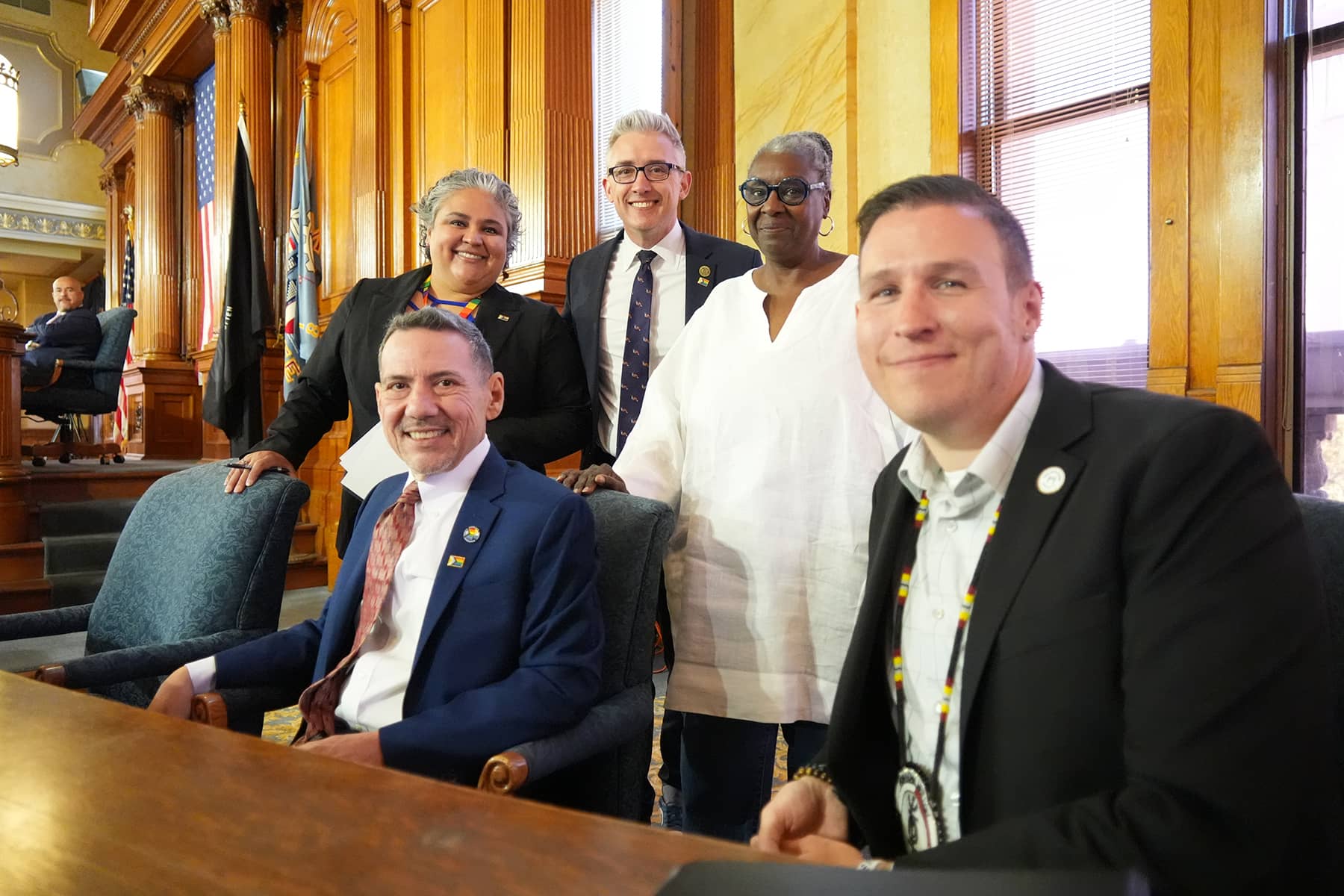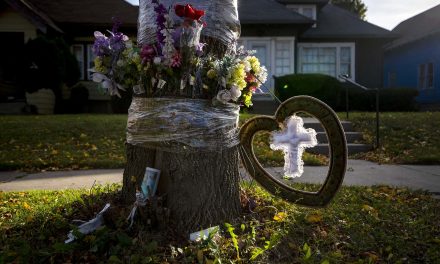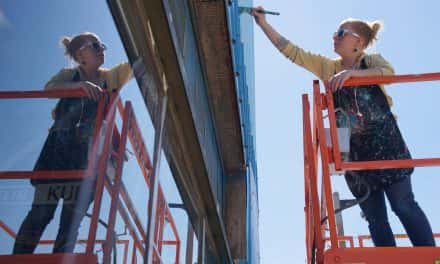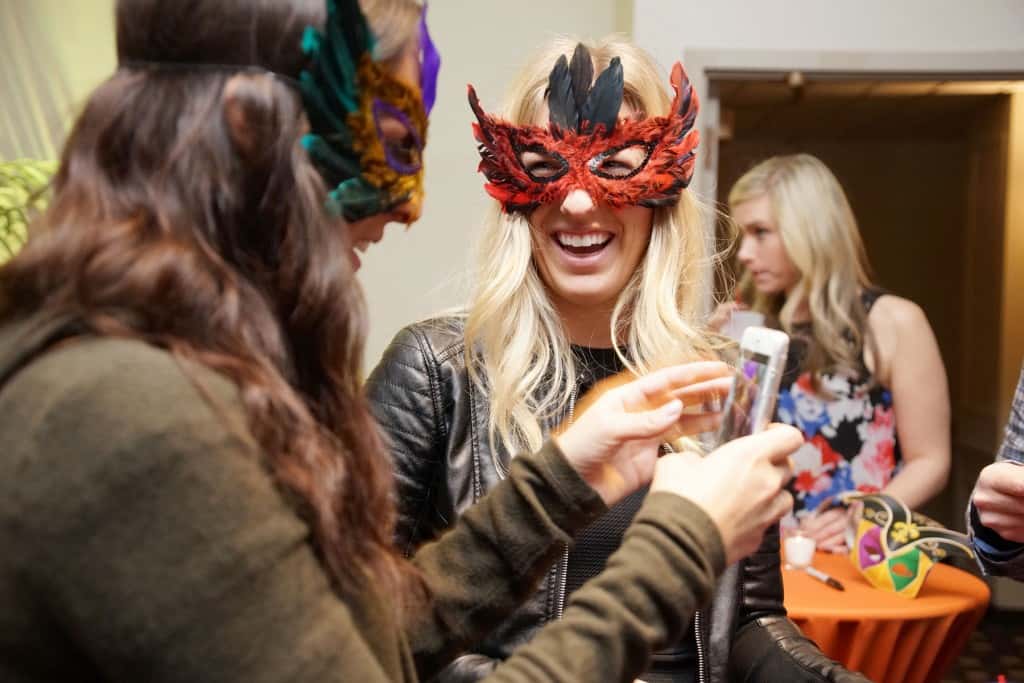
The Milwaukee Common Council held a special ceremony on June 11 to celebrate LGBTQ+ Pride Month, honoring local individuals for their significant contributions to the LGBTQ+ community.
The celebration followed the raising of the Intersex Progress Pride Flag on June 3 at the City’s Frank P. Zeidler Municipal Building.
The short program in the Common Council chamber was led by Alderwoman JoCasta Zamarripa and Alderman Peter Burgelis, recognizing Brenda Coley, Israel Ramon, and Dan Terrio. The event underscored the city’s commitment to fostering a welcoming and respectful environment for all residents and visitors.
Alderwoman Zamarripa, also a member of the Common Council’s “Proud and Out Caucus,” emphasized the importance of Pride Month as a time to uplift the LGBTQ+ community and celebrate the diversity and resilience within it.
“June, as you may know, is celebrated across the country and across the world as a time to lift up our LGBTQ+ community—our lesbian, gay, bisexual, transgender, and queer community,” said Alderwoman Zamarripa. “Here in Milwaukee, the Common Council wants to honor Pride and lift up our constituents.”
The first honoree was Brenda Coley, an openly bisexual woman of color. Her efforts have significantly impacted various communities in Milwaukee, by working with organizations like Planned Parenthood of Wisconsin and Milwaukee Water Commons. Alderwoman Zamarripa praised Coley’s efforts, highlighting her role in building relationships within black queer communities and advocating for natural resources.
“We have places in the country that stopped celebrating pride. And we know that there are young people who are wondering if they can come out if they can be themselves. So it is very important that they see people like us, who have lived a big life, and who continue to move in our community in ways that 40 years ago we didn’t know was possible,” said Coley.
Alderman Burgelis honored the late Josie Carter, credited with standing up against harassment at the Black Knight, one of Milwaukee’s most popular gay bars in the 1960s. While many believe LGBTQ history began with New York’s Stonewall Riots in 1969, Milwaukee experienced a significant, earlier uprising in 1961.
On the night of August 5, the Black Nite, a popular gay bar in Milwaukee, became the epicenter of a confrontation when four servicemen visited on a dare and attempted to cause trouble. Regular patrons, led by Josie Carter, fiercely defended the bar, resulting in a brief but intense brawl. Despite the violence, patrons held their ground until the police arrived and arrested the aggressors.
“Today we can’t even imagine the bravery and boldness that was required to live a transgender life in mid-century Milwaukee,” said Alderman Burgelis.
Josie Carter, although modest about her role, became a symbol of resistance and courage. The Black Nite Brawl served as an inspiration for early gay rights activists in Milwaukee. The Wisconsin LGBTQ History Project, led by Michail Takach and Don Schwamb, has meticulously documented this pivotal moment.
Recognizing its historical significance, the site of the Black Nite bar was designated a historic landmark by the Milwaukee County Landmarks Committee in 2022, with a commemorative monument set to be unveiled on August 5.
Israel Ramon, Milwaukee County’s Register of Deeds and a prominent figure in both the Latino and LGBTQ+ communities, was honored for his trailblazing leadership. Ramon, the first Latino constitutional officer in Wisconsin, shared his journey of feeling different as a young immigrant and later as a gay man.
“This Pride Month, let’s continue the tradition of embracing our differences, honoring those that have come before us, giving courage and guidance to those that will come after us, and celebrate Pride like it’s meant to be celebrated — as a family where we’re different, but we’re together,” said Ramon.
As Director of Diversity, Equity, and Inclusion at Milwaukee County, Dan Terrio was the final honoree. His personal story of resilience and his role as a “Two Spirit person” brought a profound depth and context to the ceremony.
“The term ‘Two Spirit’ is a translation of the words used by indigenous tribes to describe a person who embodies both masculine and feminine qualities. This identity is not just about gender or sexuality. It encompasses a spiritual and cultural dimension unique to indigenous communities,” said Terrio. “My journey as a ‘Two Spirit’ person has been both struggle and triumph. Born in a time of widespread poverty on our northern Wisconsin reservation, I am the son of a Native American father and a Caucasian mother. My parents raised me to walk in two worlds, to know my culture and the importance of community.”
Terrio said that justice was achieved when every person at every intersection with every story is seen, heard, valued, and can live authentically without fear. He believed that Milwaukee had the potential to be a beacon of hope and progress. It could be a city where diversity is celebrated, equity is ensured, and inclusion is a lived reality for all.
© Photo
Lee Matz



















































